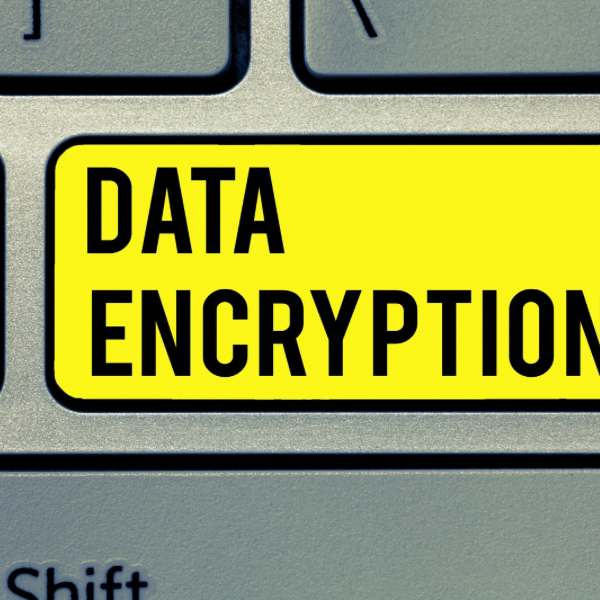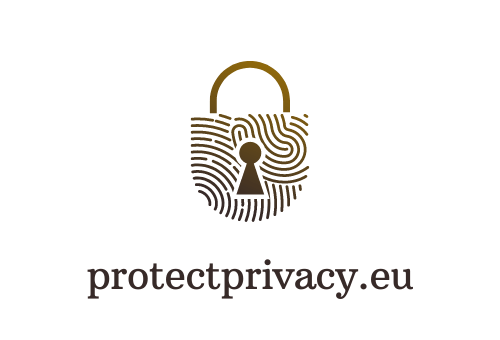Data Encryption for Beginners: A Simple Guide

In an era where digital security is paramount, understanding data encryption is essential for protecting personal information online. This beginner-friendly guide demystifies the concept of data encryption, explaining its importance and how it can be used to enhance your online privacy.
What is Data Encryption?
Data encryption is a process that transforms readable data (plaintext) into an unreadable format (ciphertext), ensuring that it can only be accessed or read by someone with the right decryption key.
Basic Principles of Encryption
Encryption relies on algorithms, known as ciphers, to convert data into a secured form. This process involves using an encryption key, a set of mathematical values that both encrypt and decrypt data.
Types of Encryption
Understanding the different types of encryption is crucial for knowing how your data is protected.
Symmetric Encryption
Symmetric encryption uses the same key for both encrypting and decrypting data. It’s fast and efficient but requires safe key distribution and management.
Asymmetric Encryption
Asymmetric encryption, also known as public-key encryption, uses two keys – a public key for encryption and a private key for decryption. It’s widely used for secure communications over the internet.
Read Next: Privacy-Focused Browsers: A Comparative Analysis
Why is Encryption Important?
Encryption plays a vital role in protecting your online privacy and security.
Safeguarding Personal Information
Encryption helps protect sensitive data like financial information, personal identifiers, and private communications from unauthorized access.
Securing Online Transactions
Using encrypted connections (look for HTTPS in your web browser) is crucial for ensuring that online transactions are secure and your data is protected from cyber threats.

How to Use Encryption in Daily Life
Encryption can be easily incorporated into your everyday online activities to enhance security.
Encrypted Messaging Apps
Use messaging apps with end-to-end encryption, such as WhatsApp or Signal, to keep your conversations private.
Secure Email Services
Consider using email services that offer encryption, like ProtonMail, to protect the contents of your emails.
VPN Services
A Virtual Private Network (VPN) encrypts your internet connection, keeping your online activities private and secure from eavesdropping.
Creating and Managing Encryption Keys
Managing your encryption keys is crucial for maintaining the security of your encrypted data.
Key Generation and Storage
Use trusted software or services for generating encryption keys. Store your keys securely, using password managers or encrypted storage.
Updating and Revoking Keys
Regularly update your encryption keys and know how to revoke them if they are compromised or no longer needed.
Conclusion
Data encryption is a powerful tool for safeguarding your online privacy. By understanding the basics of encryption and incorporating encrypted tools and practices into your digital life, you can significantly enhance your data security.







